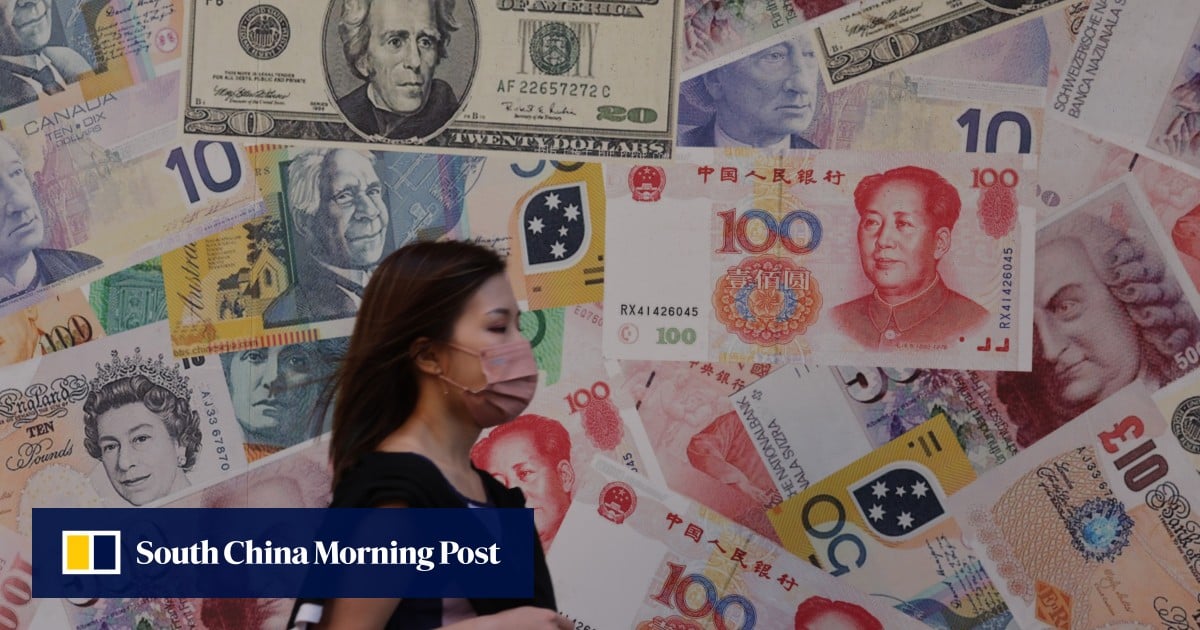
26 Jan Hong Kong’s Exchange Fund posts fourth best annual returns in 2023 on bond and overseas stock market rallies: HKMA
Breaking | Hong Kong’s Exchange Fund posts fourth best annual returns in 2023 on bond and overseas stock market rallies: HKMA
Hong Kong’s Exchange Fund, the war chest used to defend the local currency, rebounded strongly in 2023, as rallies in bond and overseas stock markets cancelled out a loss in domestic equities.
The fund’s investments gained HK$212.7 billion (US$27.27 billion), compared with a record loss of HK$205.4 billion in 2022, according to data released by the Hong Kong Monetary Authority (HKMA) on Friday. The earnings were the third best on record, only lower than the HK$264 billion in 2017, HK$262.2 billion in 2019 and HK$235.8 billion in 2020.
This comes after a loss of HK$5.5 billion in the third quarter and gains of HK$108 billion and HK$8.4 billion in the first and second quarter, respectively.

“The market is full of uncertainties due to the geopolitical tension and also the timing of the interest-rate cuts,” Eddie Yue Wai-man, the HKMA CEO, said at a media briefing. “The Exchange Fund is aimed at defending the currency and financial stability. We have to invest in overseas assets and keep an eye on long-term investment.”
Established in 1935, the fund provides backing to the issuance of banknotes in the city and defends the Hong Kong dollar from attacks by hedge funds and currency traders. The HKMA, the city’s de facto central bank, invests the Exchange Fund in stocks in Hong Kong and abroad, global bonds, overseas real estate and other long-term projects.
While Hong Kong’s businesses have returned to normal since the pandemic-related restrictions were lifted in January last year, the local stock market lost steam from the second quarter onwards on concerns about mainland China’s sputtering economic recovery.
The Exchange Fund allocates 72 per cent of its investments to bonds, 12.3 per cent to offshore equities, 6.6 per cent to deposits, 5.1 per cent to overseas property and other private-equity investments, and 4 per cent to Hong Kong stocks, based on HKMA data at the end of 2021.

